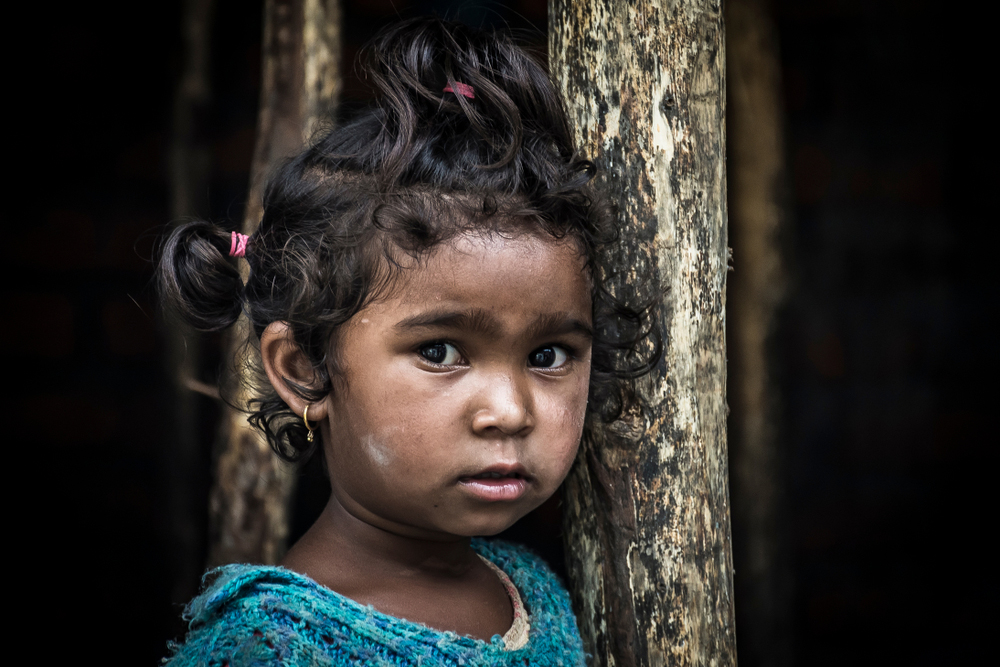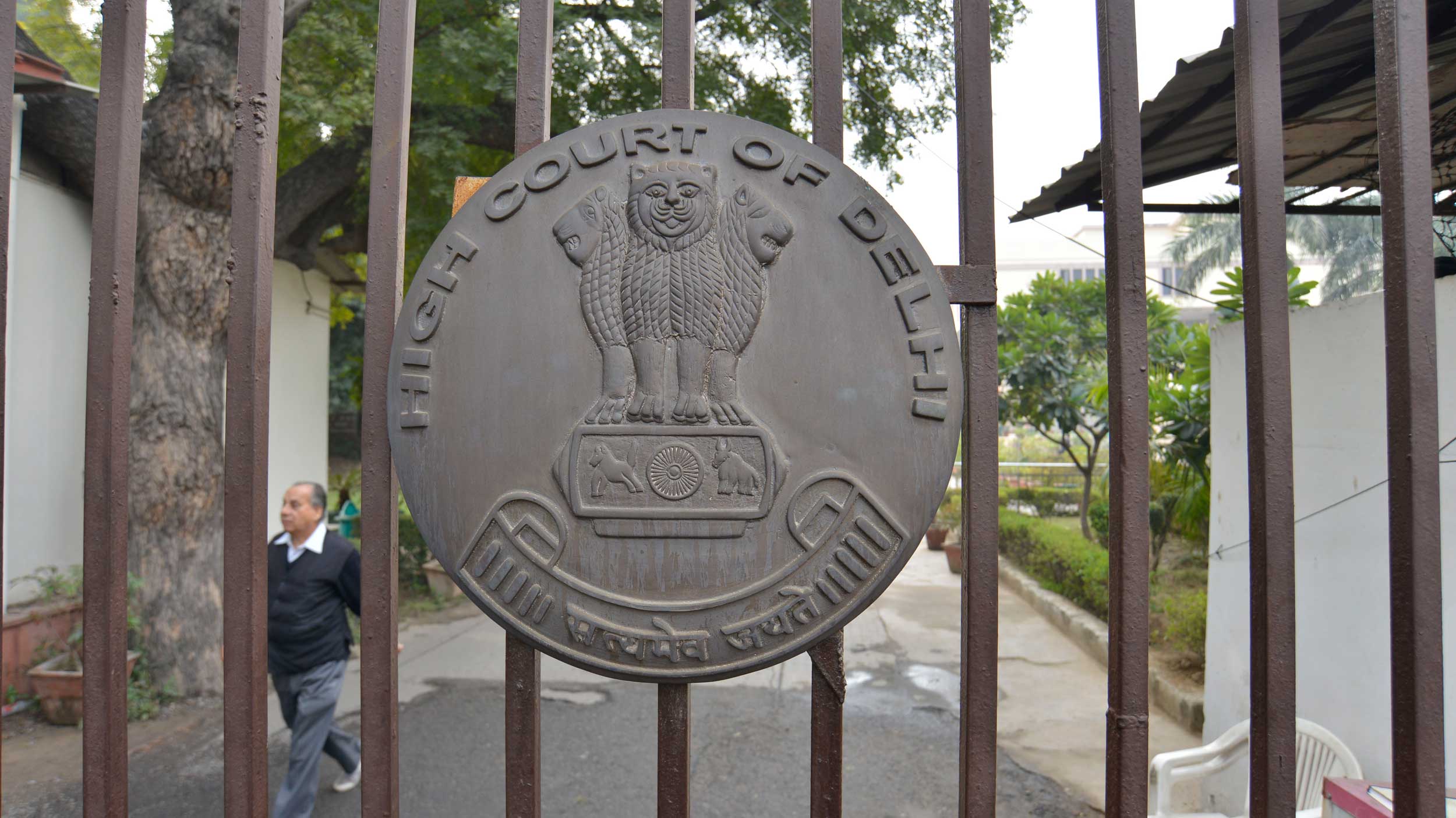The notion of the juvenile is a troubling one in the context of crime. According to the Juvenile Justice (Care and Protection) Act, 2000 anyone under 18 is a child. Predictably, the participation of minors in heinous crimes brings up difficult questions regarding the effectiveness of correction — incarceration is for three years — and issues of public safety. At the fifth National Juvenile Justice Consultation programme, however, the Supreme Court judge, D.Y. Chandrachud, focused on the more common crimes of substance abuse and violence in his speech than on grave sexual crimes that seem rarer among juveniles. By referring to the “chasm” between ideals and implementation of the juvenile justice law, the judge suggested a change of approach towards young offenders. Deprivation and poverty push children towards crime: they “inherit” it through their living conditions. They are often in need of care and protection. Youngsters linked to the drug trade, for example, are more victims than offenders. This change of approach was linked in the judge’s speech to the necessity of maintaining standards in shelter homes. Referring to the homes in Muzaffarpur and Panvel, thus recalling the sexual crimes allegedly committed there, the judge pointed to the lack of enforcement of standards in spite of the presence of structures of governance.
The judge’s allusions lay bare not just the heartlessness towards children that is, unfortunately, a feature of Indian society, but also an awareness of the deep corruption that undermines the purpose of any institution for the vulnerable. Taking account of the deprivation and the daily violence that children from poor families are exposed to should inspire sympathy in law enforcers, wardens and keepers, thus realizing the juvenile justice law’s goal to correct and rehabilitate young offenders. But that would require a kind of social training that few employees of such institutions possess. Sensitization, therefore, is urgent. Although there was apparently no discussion of juveniles accused of heinous sexual crimes at the programme among the judges who spoke, it could be said that the deprivation mentioned by Mr Chandrachud often becomes an acutely distorting condition when it is accompanied, as so often nowadays, by an awareness of inequality that breeds a desire for instant power. This demands as much attention as the issues reportedly raised by the Supreme Court judge.



